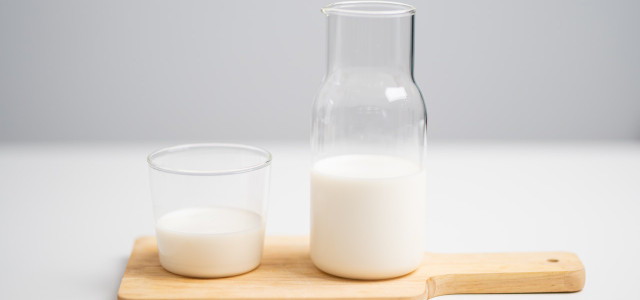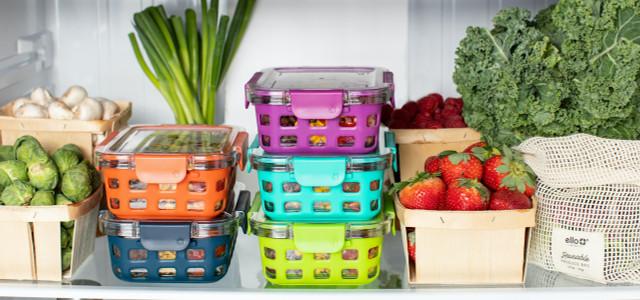Freezing foods is a great way to store them for longer periods. But not everything is freezer-friendly. Read on to find out which foods do not belong in the freezer.
Frozen meals don’t always have to come from the supermarket. You can easily freeze numerous fresh fruits and vegetables, bread and soups, as well as a variety of healthy meal prep dishes for a later date. Simply portion out your food and store it in the right container.
However, not all foods go great in the freezer. To avoid wasted electricity and prevent food waste, stay informed on which foods aren’t freezer-friendly.
1. Leafy Greens
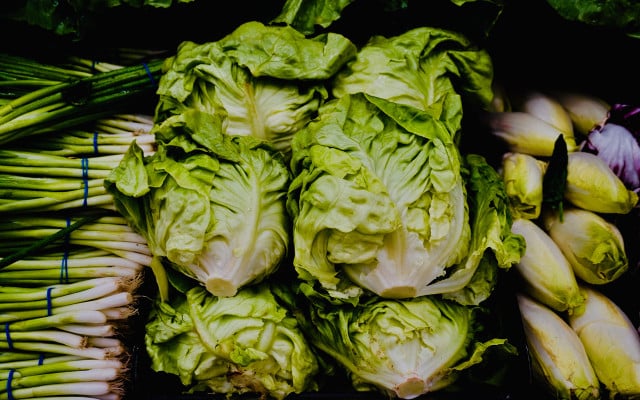
Leaf lettuce, such as green, red and oak, and iceberg and romaine lettuce do not fare well in the freezer. Due to the high water content of these popular salad picks, leaf lettuces become mushy in the freezer and are no longer edible raw.
The same happens with leaf spinach. However, there are a couple of quick and easy steps you can take to make it freezer-friendly. Here’s a simple guide on prepping spinach for the freezer: How to freeze spinach to preserve freshness.
2. Potatoes
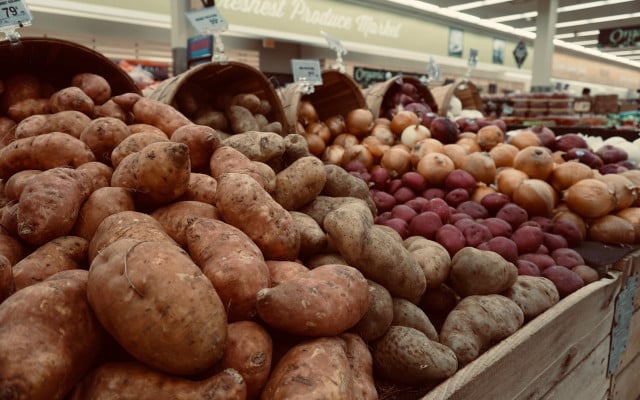


Stick raw potatoes in the freezer, and you’ll be left with a soft and mushy mess once you take them out. If frozen, potatoes lose their consistency and usual flavor. Thawed potatoes will taste sweeter than usual. However, cooked dishes that contain potatoes are no problem. You can freeze your sweet potato fries, french fries or casserole without a second thought.
Also interesting: Reuse Vegetable Scraps and Skip the Trash
3. Cream Cheese and Other Soft Cheeses
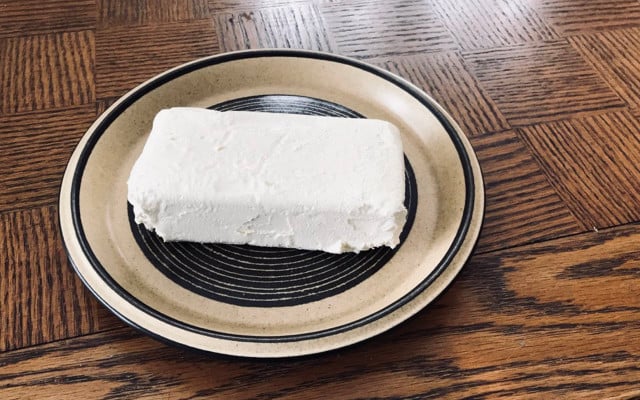


Soft cheeses are notably less freezer-friendly than harder types. Freeze cream cheese, and it will clump up and crumble while the liquid and remaining cheese paste will separate. The cheese will lose some of its flavors and will no longer be creamy. Soft cheese such as queso fresco, paneer and brie should not be stored in the freezer. The same goes for handcrafted artisanal cheeses, as they will lose a good part of their unique flavor.
Hard-to-semi-hard cheeses will freeze better than cream cheese. However, the cheese may come out crumbly and slightly altered in flavor. This is why it’s best to use frozen cheese for cooking, baked dishes or dips.
Note: Although you can freeze any cheese without any health risks, it’s not exactly recommended in a handful of cases.
4. Watery Fruit and Vegetables
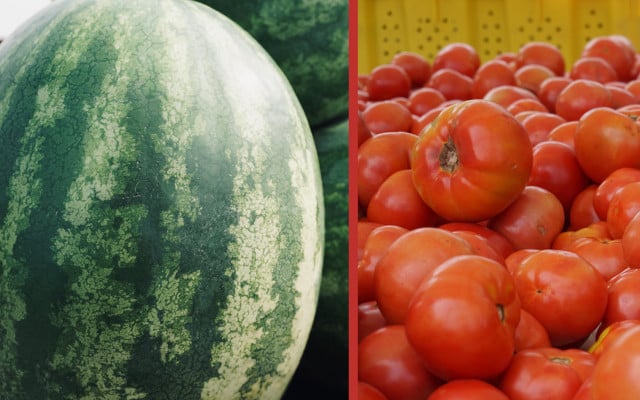


Fruits and vegetables with particularly high water content, such as watermelons, cucumbers, most tomatoes, radishes, many types of lettuce, grapes, and other melons, don’t belong in the freezer. These will be left mushy in consistency after being frozen.
Some fruits do make the cut. Check out Utopia’s guide on How to Freeze Bananas.
5. Eggs
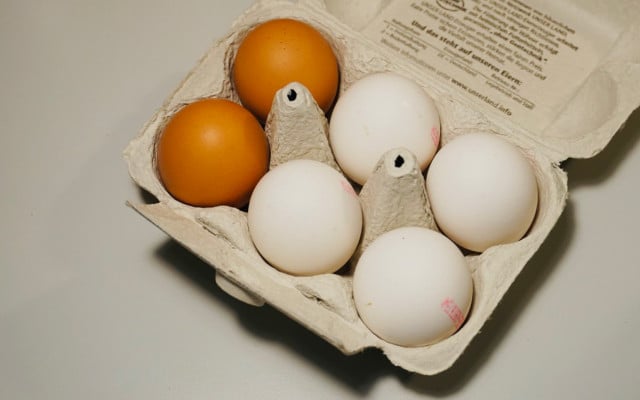


You should never freeze raw eggs. Liquid expands in the freezer, which will crack the shells and render your eggs inedible. Hard-boiled eggs stored in the freezer will come out rubbery in consistency. However, beaten eggs can be frozen for around a couple of weeks.
Utopia’s tip: Make prep easier by first portioning the beaten eggs in an ice cube tray. Then stick them in the freezer for an hour before transferring them to freezer containers.
6. Milk and Other Dairy Products
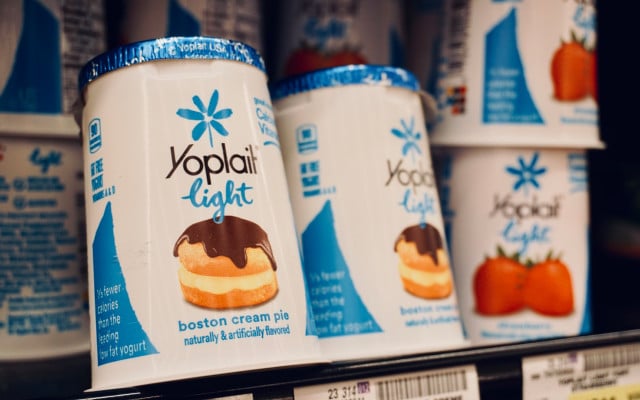


Dairy products — especially those with high-fat contents such as whole milk, cream and sour cream, yogurt or cream cheese tend to clump up when stored in the freezer. The consistency and the taste also change noticeably.
7. Garlic
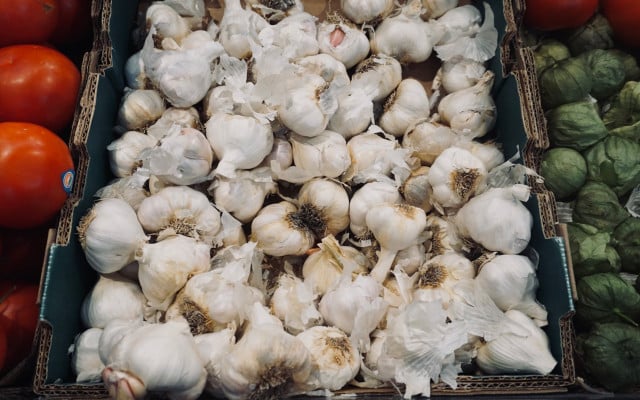


It is theoretically possible to freeze garlic — however, it’s not exactly recommended. Although the peels of thawed garlic will come off easier, garlic will lose its taste and smell in the freezer.
8. Foods With Gelatin



Dishes containing gelatin, such as jello, puddings, tarts, cakes and the like, aren’t meant for the freezer. Although you can freeze any number of popular gelatin-based desserts, you will notice the texture and consistency change once thawed. The jello will separate once taken out of the freezer. Plus, any cake or similar base frozen underneath tends to dry out in the freezer.
Read more:
- Foods that Never Expire: 8 Forever Foods for Your Kitchen
- How To Make Banana Chips: A Step-By-Step Guide
- How to Grow Your Own Avocado Tree
Do you like this post?






